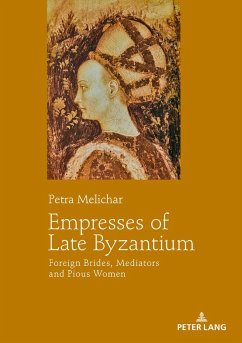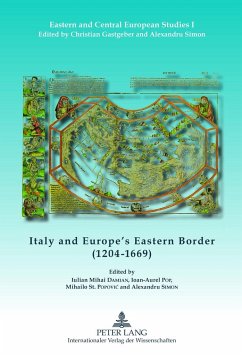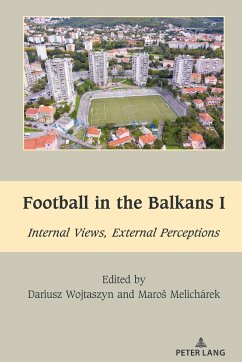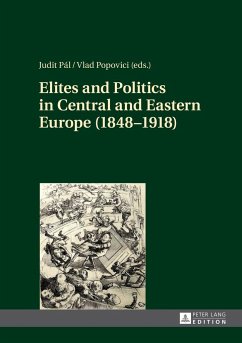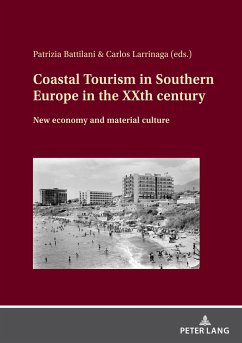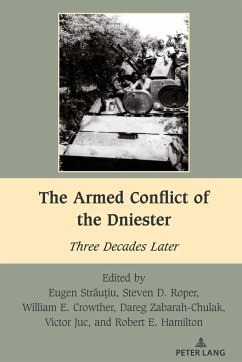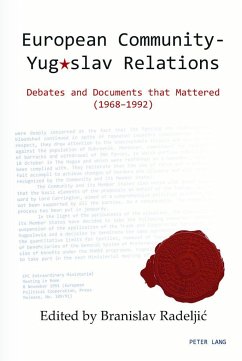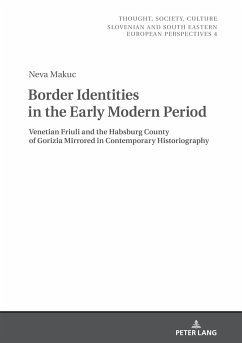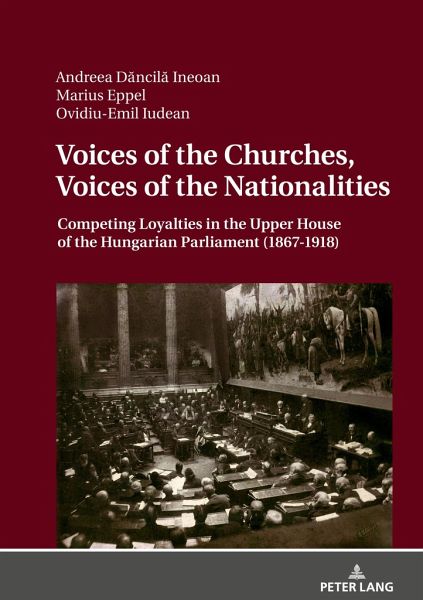
Voices of the Churches, Voices of the Nationalities
Competing Loyalties in the Upper House of the Hungarian Parliament (1867 - 1918)
Versandkostenfrei!
Versandfertig in 6-10 Tagen
69,00 €
inkl. MwSt.

PAYBACK Punkte
0 °P sammeln!
The volume directs its focus to the House of Magnates in the Hungarian Parliament. There, the Churches were granted voices through the inclusion of higher clergymen who stood for the confessions institutionalized in Transleithania. These clergymen gave voice not only to the concerns of their particular denomination, but also to the worries of the nationalities which took cover under the spiritual shepherd's mantle. Therefore, the political roles that they assumed as members of the Upper House entailed the handling of multiple loyalties: towards the state, their national groups, or their own Ch...
The volume directs its focus to the House of Magnates in the Hungarian Parliament. There, the Churches were granted voices through the inclusion of higher clergymen who stood for the confessions institutionalized in Transleithania. These clergymen gave voice not only to the concerns of their particular denomination, but also to the worries of the nationalities which took cover under the spiritual shepherd's mantle. Therefore, the political roles that they assumed as members of the Upper House entailed the handling of multiple loyalties: towards the state, their national groups, or their own Churches. The parliamentary discourses they produced provide a chronicle of the political exercise in this environment and also allow a better understanding of the modernization of Dualist Hungary.






